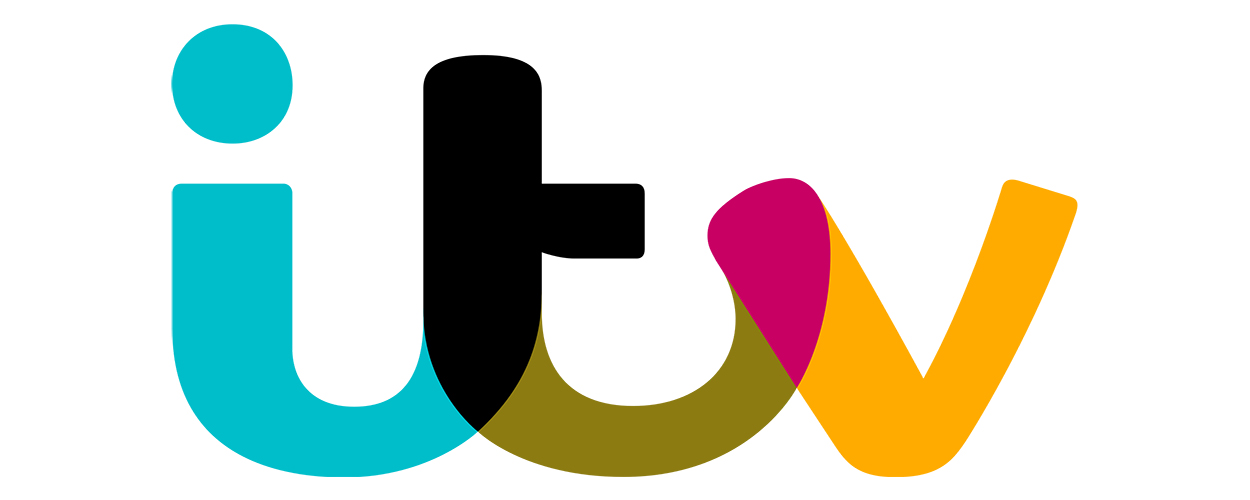This website uses cookies so that we can provide you with the best user experience possible. Cookie information is stored in your browser and performs functions such as recognising you when you return to our website and helping our team to understand which sections of the website you find most interesting and useful.
Business News Media
ITV likely to bid for Channel 4
By Chris Cooke | Published on Wednesday 6 April 2022

ITV is seriously considering a bid to buy Channel 4, with the Telegraph reporting that it has already taken advice from its bankers about such an acquisition.
This follows the announcement earlier this week that the UK government is going through with the controversial plan to sell Channel 4 which, although funded by advertising and sponsorship, is currently publicly owned.
The government argues that, like all broadcasters, Channel 4 is facing some big challenges as traditional national TV channels increasingly compete with global online video services, and that it will be better positioned to meet those challenges in the private sector.
But there has been much criticism of the decision to sell off Channel 4, especially from within the independent TV production community. Currently Channel 4 doesn’t make any of its own programmes in-house, so provides lots of opportunities for independent producers to secure commissions.
Plus, of course, the channel has a long history of airing more alternative and controversial shows – something that many argue is down to its unique status as a commercially funded stated-owned media company – meaning it doesn’t have to answer to either share holders or licence fee payers, allowing more adventurous programming.
But if it’s going to be sold off – and ministers are keen to get the sale done before the next general election to stop any future government changing course – then a merger with ITV does sort of make some sense.
The Telegraph quotes one media industry source as saying: “The best bet for the UK is that ITV and Channel 4 combine so the nation has one strong commercial public service broadcaster”.
“A merger of ITV and Channel 4’s streaming services would create a much more substantial player in the digital space”, they added. “It would double in size and be classed as a proper contender to the Americans. Ultimately, it would ensure that there is another large party other than the BBC that would continue to make British programming”.





